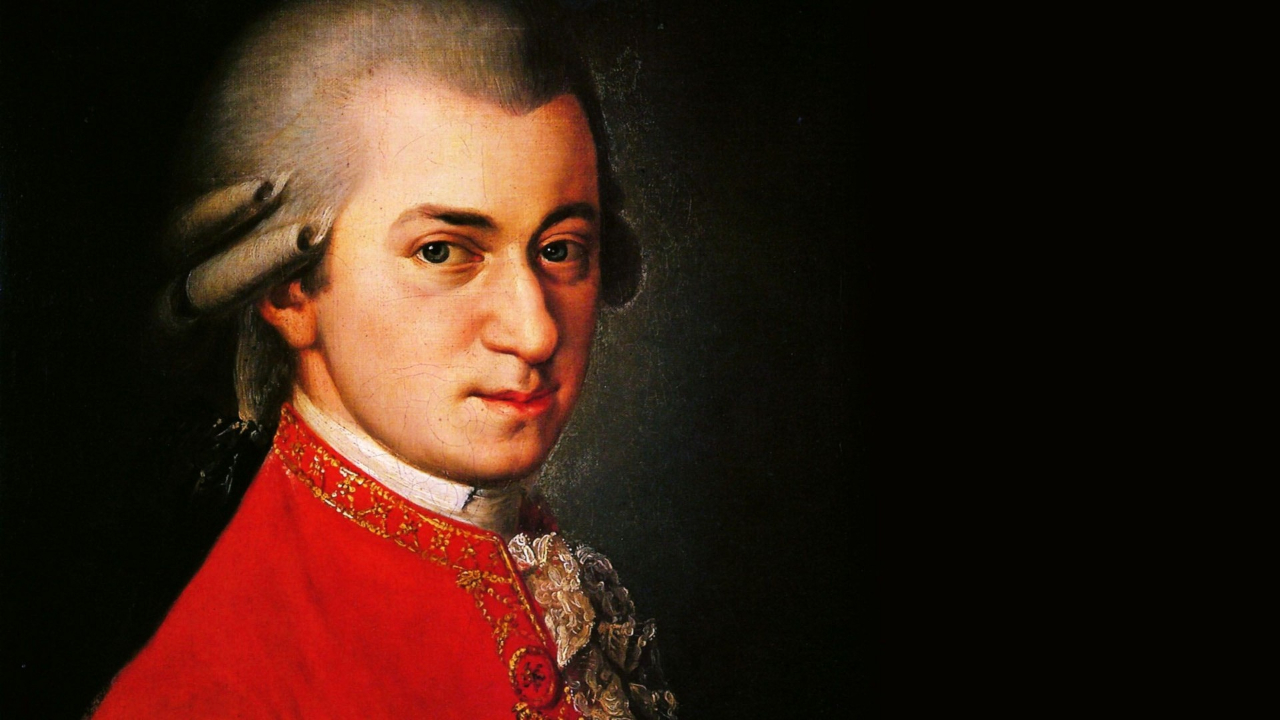Wolfgang Amadeus Mozart, a prodigious composer of the Classical era, continues to captivate audiences with his extraordinary musical genius. His compositions are known for their elegant melodies, intricate harmonies, and timeless beauty. In this blog post, we explore seven remarkable compositions by Mozart that have stood the test of time, showcasing his unparalleled talent and artistic brilliance.
- Symphony No. 40 in G Minor: Mozart’s Symphony No. 40 is a testament to his ability to convey raw emotion through music. Written in a minor key, this symphony is known for its haunting melodies and dramatic character. The powerful opening movement, with its memorable motif, sets the tone for a symphonic journey that balances darkness and light, leaving listeners enthralled until the final note.
- Eine Kleine Nachtmusik: Translated as “A Little Night Music,” this enchanting serenade is one of Mozart’s most beloved works. Composed for a small chamber ensemble, it exudes elegance and charm. With its graceful melodies and lively dance-like movements, Eine Kleine Nachtmusik captures the essence of Mozart’s distinctive style and serves as a delightful introduction to his vast repertoire.
- Piano Concerto No. 21 in C Major: Often referred to as the “Elvira Madigan” concerto, this piano masterpiece is renowned for its exquisite beauty and technical brilliance. The second movement, featuring a lyrical and mesmerizing melody, has become particularly iconic. Its delicate interplay between the solo piano and the orchestra demonstrates Mozart’s unmatched ability to create emotional depth within his compositions.
- Requiem Mass in D Minor: Mozart’s Requiem Mass stands as one of the most profound and hauntingly beautiful choral works ever composed. Though left unfinished at the time of his death, it showcases Mozart’s mastery in expressing profound sorrow and spiritual contemplation. From the poignant “Lacrimosa” to the triumphant “Dies Irae,” this composition remains a testament to his musical genius and leaves a lasting impact on all who listen.
- The Marriage of Figaro: As one of Mozart’s most renowned operas, The Marriage of Figaro is a masterpiece of comedic storytelling and musical brilliance. The opera intertwines intricate vocal lines with a captivating plot, exploring themes of love, jealousy, and human nature. Mozart’s melodic gifts are on full display in the memorable arias and ensemble pieces, making it an enduring favorite among opera enthusiasts.
- Symphony No. 41 in C Major, “Jupiter”: Symphony No. 41, known as the “Jupiter Symphony,” is a crowning achievement in Mozart’s symphonic repertoire. It showcases his compositional mastery through its intricate counterpoint, harmonies, and grandeur. The final movement, with its remarkable fugal section, highlights Mozart’s ability to blend complexity and clarity, earning this symphony its place as one of his greatest symphonic achievements.
- Clarinet Concerto in A Major: Considered one of the most significant works for the clarinet, Mozart’s Clarinet Concerto combines elegance, virtuosity, and profound expressiveness. The concerto’s serene and melancholic melodies, particularly in the second movement, demonstrate the clarinet’s expressive capabilities. Mozart’s exquisite writing for the instrument and the delicate interplay between the soloist and the orchestra make this concerto a true gem of the classical repertoire.
Wolfgang Amadeus Mozart’s musical legacy is immeasurable, and these seven compositions provide a glimpse into his extraordinary artistry. From the emotional depths of his Requiem Mass to the lighthearted melodies of Eine Kleine Nachtmusik, Mozart’s music continues to captivate and inspire audiences across the globe. His ability to evoke profound emotions, coupled with his masterful craftsmanship, solidifies his position as one of the greatest composers in history. Whether you are an ardent classical music lover or new to Mozart’s works, exploring these compositions is a rewarding journey through the genius of a musical prodigy.


Comments are closed